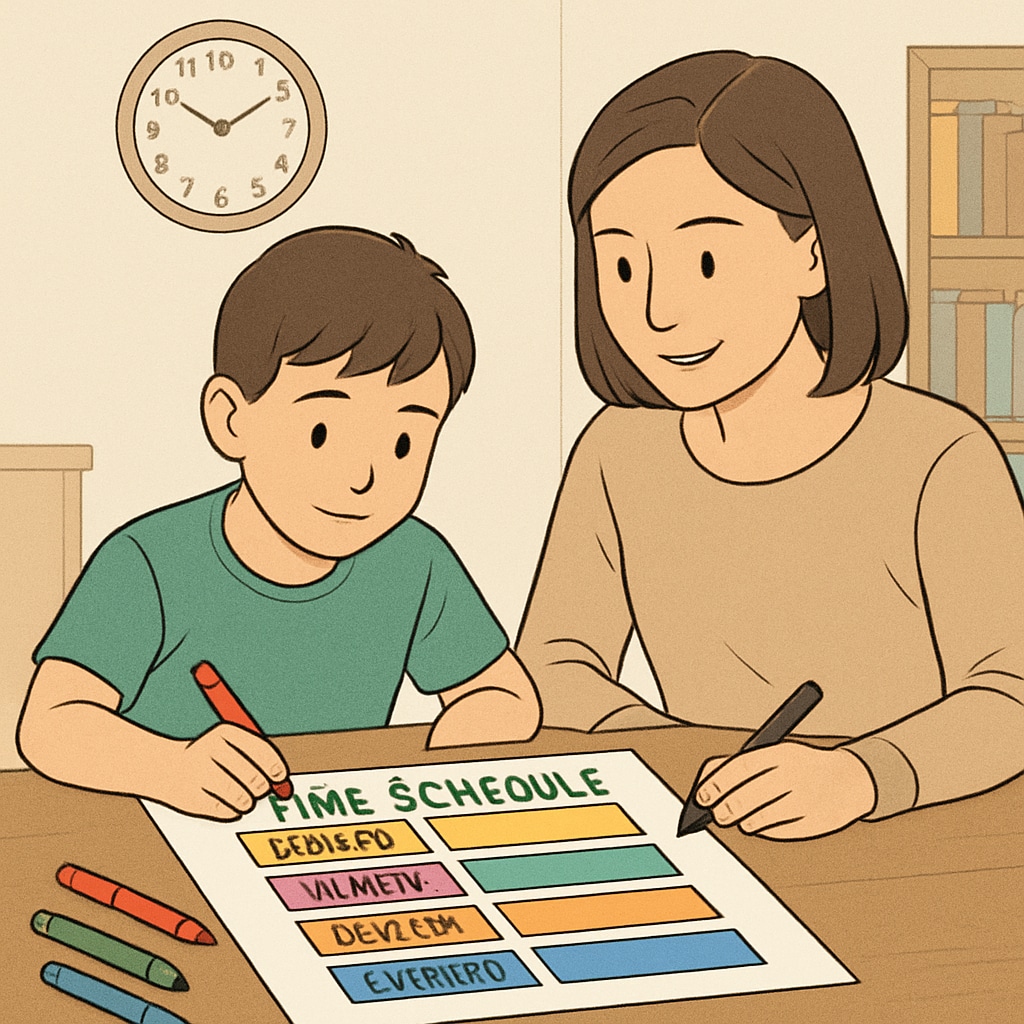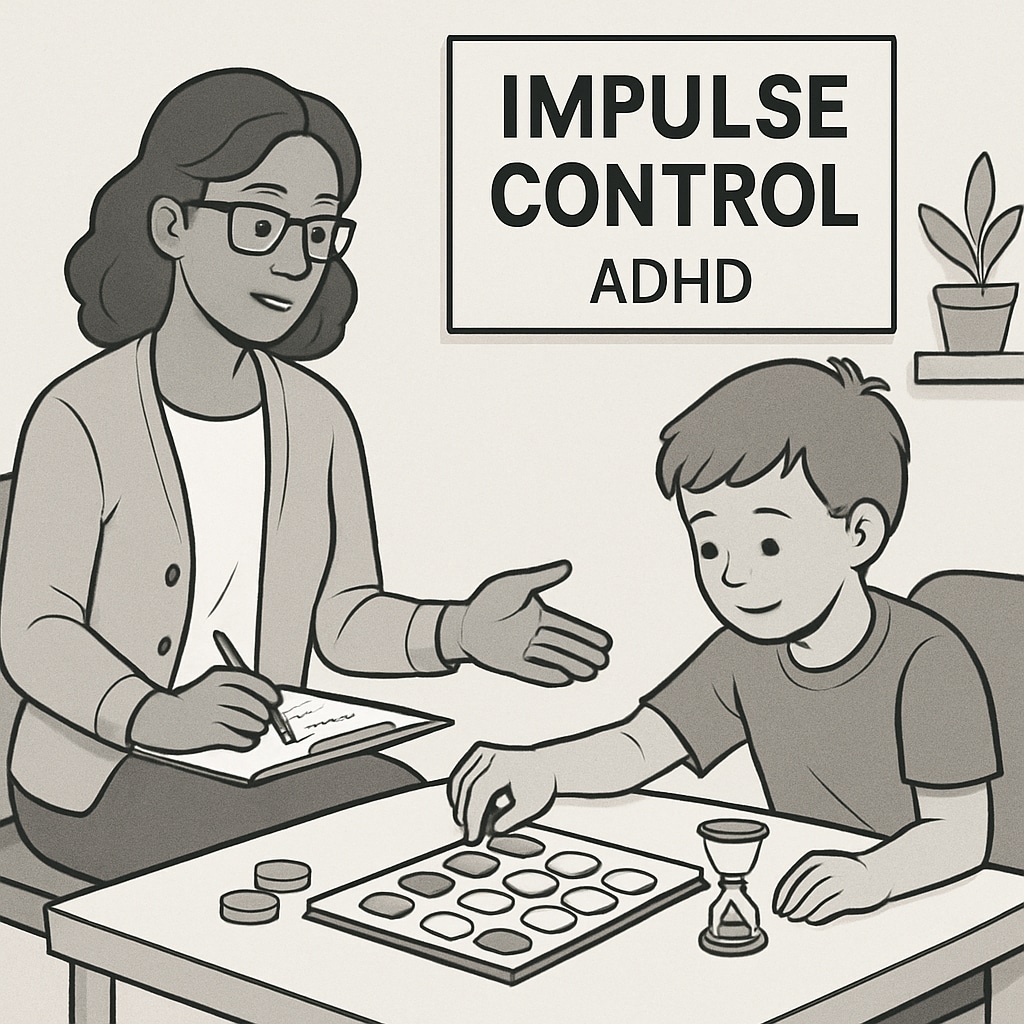Supporting children with special needs, such as ADHD (Attention-Deficit/Hyperactivity Disorder) and ASD (Autism Spectrum Disorder), often requires a focus on their executive function skills. These skills, which include working memory, impulse control, and flexible thinking, are crucial for managing daily tasks and achieving independence. However, children with special needs frequently face challenges in these areas. By employing targeted strategies and providing consistent parental support, families can help their children overcome obstacles and thrive.
Understanding Executive Function Challenges in Special Needs Children
Executive function refers to a set of cognitive processes that enable individuals to plan, focus attention, remember instructions, and juggle multiple tasks effectively. For children with ADHD or ASD, deficits in these skills can manifest in various ways, such as difficulty following routines, managing time, or regulating emotions. Recognizing these challenges is the first step toward supporting them.
For example, children with ADHD may struggle with impulsivity, leading to interruptions in classroom settings or difficulties completing homework. Similarly, children with ASD might find it hard to adapt to changes in routines, which can cause frustration and anxiety. Tailored interventions that focus on strengthening specific executive function skills can make a significant difference.

Effective Strategies for Building Executive Function Skills
To support the development of executive function skills, parents and educators can implement a range of evidence-based strategies. These approaches are designed to address common challenges while fostering independence and confidence in children with special needs.
- Use Visual Aids: Visual schedules, charts, and checklists can help children understand and follow routines. For instance, a morning checklist can guide them through tasks such as brushing teeth, getting dressed, and packing a bag.
- Break Tasks into Smaller Steps: Large tasks can feel overwhelming. Dividing them into smaller, manageable steps makes them more achievable. This approach is particularly helpful for homework or chores.
- Practice Time Management: Teach children to use timers or alarms to manage time effectively. For example, setting a timer for 20 minutes of focused study followed by a 5-minute break encourages productivity.
- Encourage Self-Regulation: Help children identify their emotions and develop coping strategies, such as deep breathing exercises or using a stress ball.
- Foster Flexible Thinking: Engage children in activities that encourage problem-solving, such as puzzles or role-playing games. These activities help them adapt to new situations and think creatively.
Consistency is key to success. Repeating these strategies and reinforcing positive behaviors will gradually empower children to take greater control of their daily lives.
The Role of Parents in Supporting Executive Function Development
Parents play an essential role in nurturing their child’s executive function skills. By creating a supportive environment and modeling effective behaviors, they can set the stage for long-term success. Here are some practical tips:
- Establish Routines: Predictable routines provide structure and security. Consistent meal times, study hours, and bedtime rituals help children understand expectations.
- Provide Positive Reinforcement: Celebrate small achievements to motivate children. For example, praise them for completing a task independently or staying calm in a challenging situation.
- Communicate Openly: Discuss challenges and solutions with your child. Encourage them to share their feelings and collaborate on strategies to overcome difficulties.
- Seek Professional Support: Collaborate with teachers, therapists, or counselors who specialize in executive function training. Their expertise can provide valuable insights and tailored interventions.

Measuring Progress and Adapting Strategies
It’s important to regularly assess your child’s progress and adjust strategies as needed. Keep in mind that every child is unique, and what works for one may not work for another. Here are some ways to track progress:
- Observe Behavior Changes: Look for improved task completion, better emotional regulation, or increased adaptability in new situations.
- Maintain a Journal: Record observations, successes, and challenges. This can help identify patterns and areas that need further attention.
- Incorporate Feedback: Seek input from teachers, therapists, or the child themselves to refine your approach.
As children develop stronger executive function skills, they will gain confidence in their abilities and become more independent. The journey requires patience and persistence, but the results are well worth the effort.
In conclusion, developing executive function skills in children with special needs, such as ADHD and ASD, is a collaborative process that benefits from structured strategies and active parental involvement. By implementing tailored interventions and fostering a supportive home environment, families can help their children overcome challenges and achieve their full potential.
Readability guidance: The article uses short paragraphs, bulleted lists, and clear subheadings to enhance readability. Passive voice and long sentences are minimized, and transition words ensure smooth flow throughout the text.


